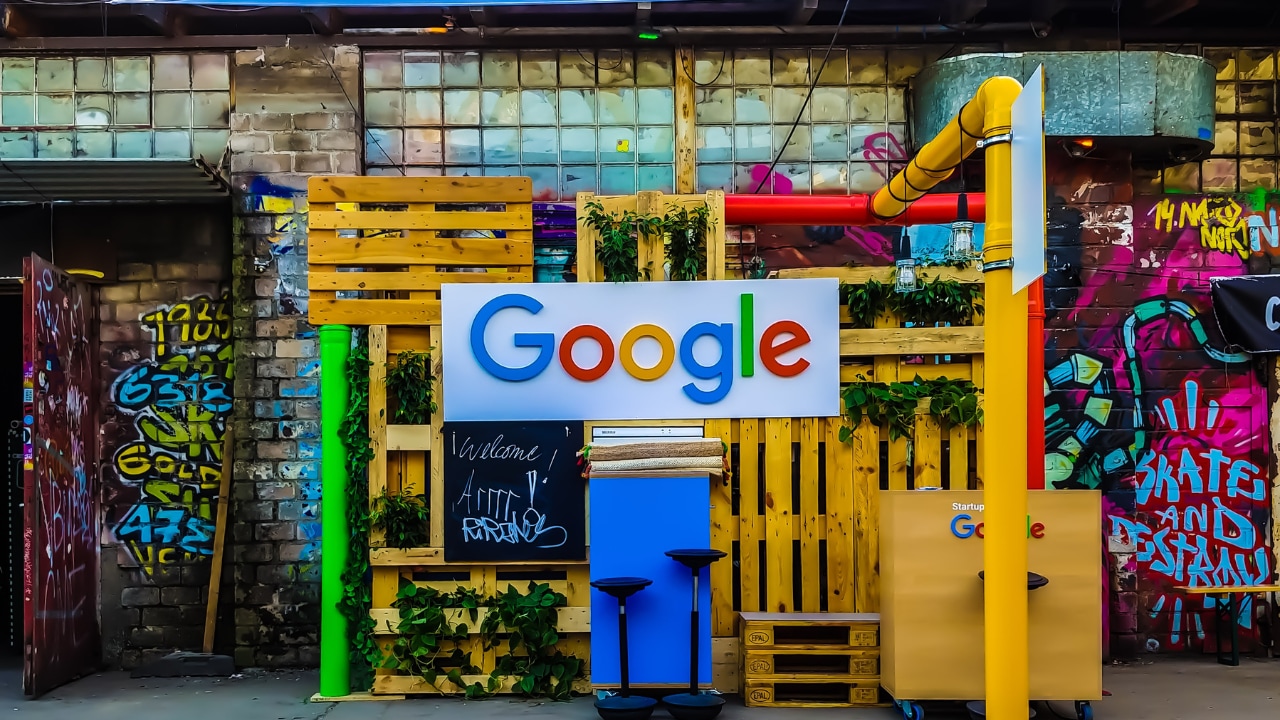Google LLC, the American multinational corporation, has temporarily halted its Gemini AI model from generating images of individuals due to criticism over its inability to depict white people.
The announcement was made by the search engine giant on Thursday, following reports from Gemini users who shared images mainly featuring people of colour, alongside historical scenes exclusively involving white individuals. The tool was found to generate inaccurate historical images, notably portraying US Founding Fathers and Nazi-era German soldiers with diverse representations, suggesting an attempt to challenge gender and racial stereotypes within generative AI.
Gemini-created images surfaced on social media recently, sparking considerable ridicule and anger. Critics accused Google of prioritising ‘wokeness’ over truth or precision. Examples that drew ire included images featuring four Swedish women, none of whom were depicted as white, and depictions of Black and Asian Nazi soldiers.
Social media users reprimanded Gemini as ‘absurdly woke’ and ‘unusable’ after requests to generate representative images for subjects prompted the creation of bizarrely revisionist pictures.
Among the examples, there was an AI-generated image portraying a black man resembling George Washington, adorned with a white powdered wig and Continental Army uniform. Additionally, there was an image of a Southeast Asian woman donning papal garments, despite the historical fact that all 266 popes have been white men.
In a post on X, Google mentioned that although Gemini’s AI image generation includes a variety of people, which is typically beneficial for its worldwide users, it fails to meet expectations in this case.
X User @TophatAmphibian shared their experience, noting that when they requested Gemini to “Draw a person from Norway,” the results were unexpectedly diverse, with no representation of white individuals, despite them constituting 87.8% of the population.
“We’re already working to address recent issues with Gemini’s image generation feature,” the company added. “While we do this, we’re going to pause the image generation of people and will re-release an improved version soon.”
AI models have previously faced criticism for neglecting people of colour and perpetuating stereotypes in their outcomes. Google, striving to keep pace with rival OpenAI since the introduction of ChatGPT in 2022, has encountered several setbacks in its AI product launches. Last year, the tech giant issued an apology after its AI chatbot Bard incorrectly claimed during a demonstration that the James Webb Space Telescope captured the first images of a planet beyond the solar system.
